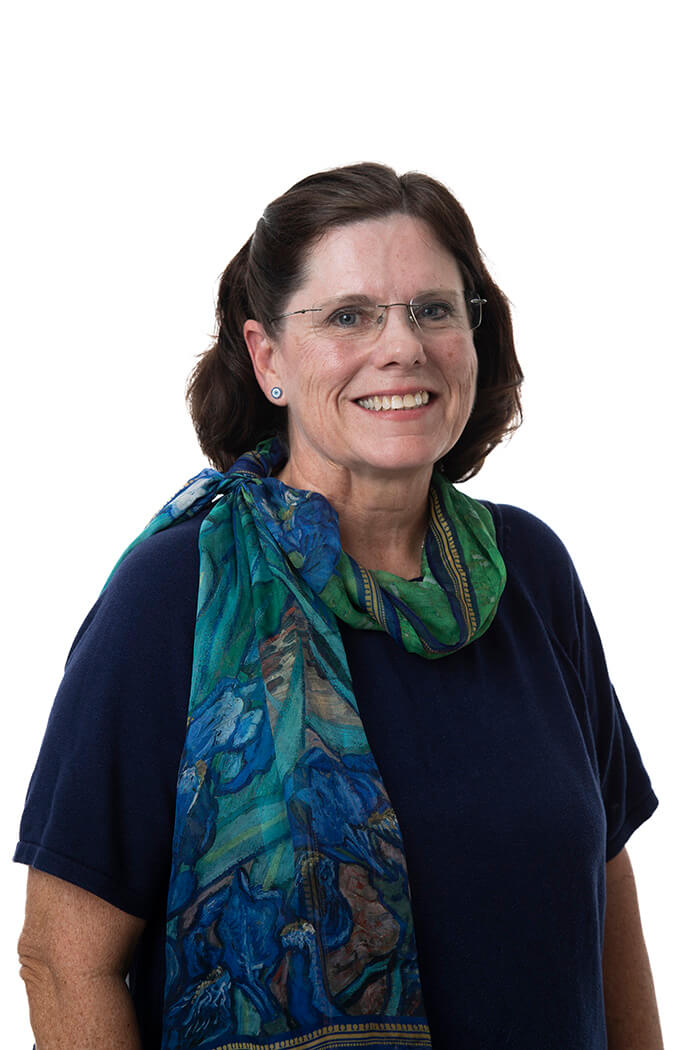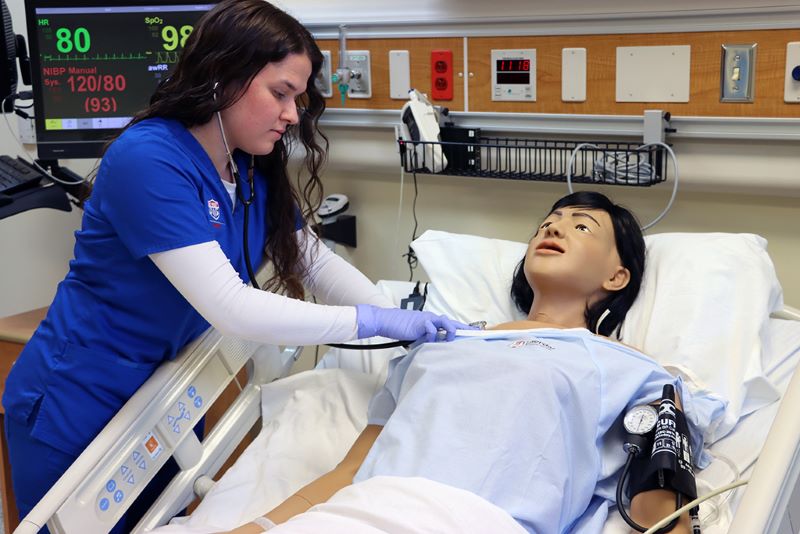A Shot in the Arm: UWG’s Tanner Health School of Nursing Gets $483K Boost for Simulation TrainingShare this page

At the University of West Georgia, the future of healthcare is getting a high-tech upgrade.
The Tanner Health School of Nursing (THSON) was recently awarded a $483,000 grant from the Georgia Board of Health Care Workforce (GBHCW) Nursing School Grant program, which will bring cutting-edge simulation equipment and immersive learning tools to campus – bridging the gap between classroom theory and clinical practice while helping more students step confidently into the scrubs of tomorrow’s nurses.
“This grant is a game-changer that elevates UWG’s commitment to experiential learning,” said Dr. Katie Morales, associate dean of nursing and professor. “With these funds, THSON can invest in modern equipment, materials and supplies that promote student engagement, provide timely feedback and ease faculty workload. Ultimately, this means more nursing graduates entering Georgia’s healthcare system.”
With simulation tools like SimVox, students will now be able to interact verbally with low-fidelity manikins, transforming them into more realistic training tools. The AI-powered devices will serve as the voice of the patient, enabling students to ask questions and receive realistic responses without faculty intervention. In turn, the more immersive learning experiences allow faculty to observe versus role-play.
“Simulation training gives students a safe environment to apply classroom knowledge and build clinical confidence before entering real health-care settings,” explained Dr. Cindy Johnson, assistant dean of experiential learning and associate professor. “Consistent patient responses help ensure quality and reliability in student assessments, which can significantly reduce faculty cognitive load.”

The grant will also address increasing program admissions and reducing the student waitlist. THSON aims to enroll up to 120 students per campus annually, totaling 240 per year. While UWG hasn’t turned away qualified nursing applicants recently, the funding will help support the University System of Georgia’s goal of retaining qualified students.
In Spring 2025 alone, nearly 600 qualified applicants were denied admission across 10 programs due to limited capacity. With the new grant, UWG can help absorb more of these students through transfer pathways – increasing system-wide nursing program capacity utilization from 78% to as much as 82%.
Georgia is currently among the top three states facing the worst nursing shortages, according to a new report from the National Council of State Boards of Nursing. And with the addition of geriatric simulation kits, students will be better prepared to care for Georgia’s rapidly aging population, which is expected to reach over 20% by 2030, according to the United States Census Bureau.

“This initiative supports THSON’s mission to deliver academic excellence in a caring environment while addressing the evolving health care needs of the state and global community,” added Morales. “It also reflects GBHCW’s strong commitment to addressing the state’s nursing shortage. By investing in programs like UWG’s – which serves students from over 30 counties, including underserved areas – Georgia is improving health care access and outcomes for its citizens.”
Dr. Imelda Reyes, THSON dean, noted the grant is a testament from the state in UWG’s ability to produce high-quality nurses for Georgia.
“Improving our simulation delivery methods and systems will only enhance how the students learn to be practice-ready,” she concluded. “The establishment of open practice lab spaces with AI as the voice of the patient in skills will offer students the flexibility to practice essential nursing skills at their convenience, reinforcing their clinical competencies in a low-risk environment. This investment in our nursing program will not only benefit our students but will also have a lasting impact on the healthcare community by ensuring that graduates enter the workforce with the necessary hands-on experience and clinical judgment required to provide high-quality patient care.”
